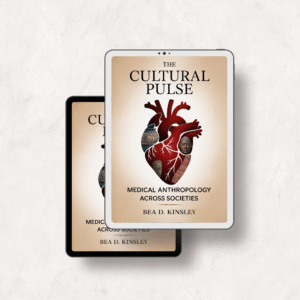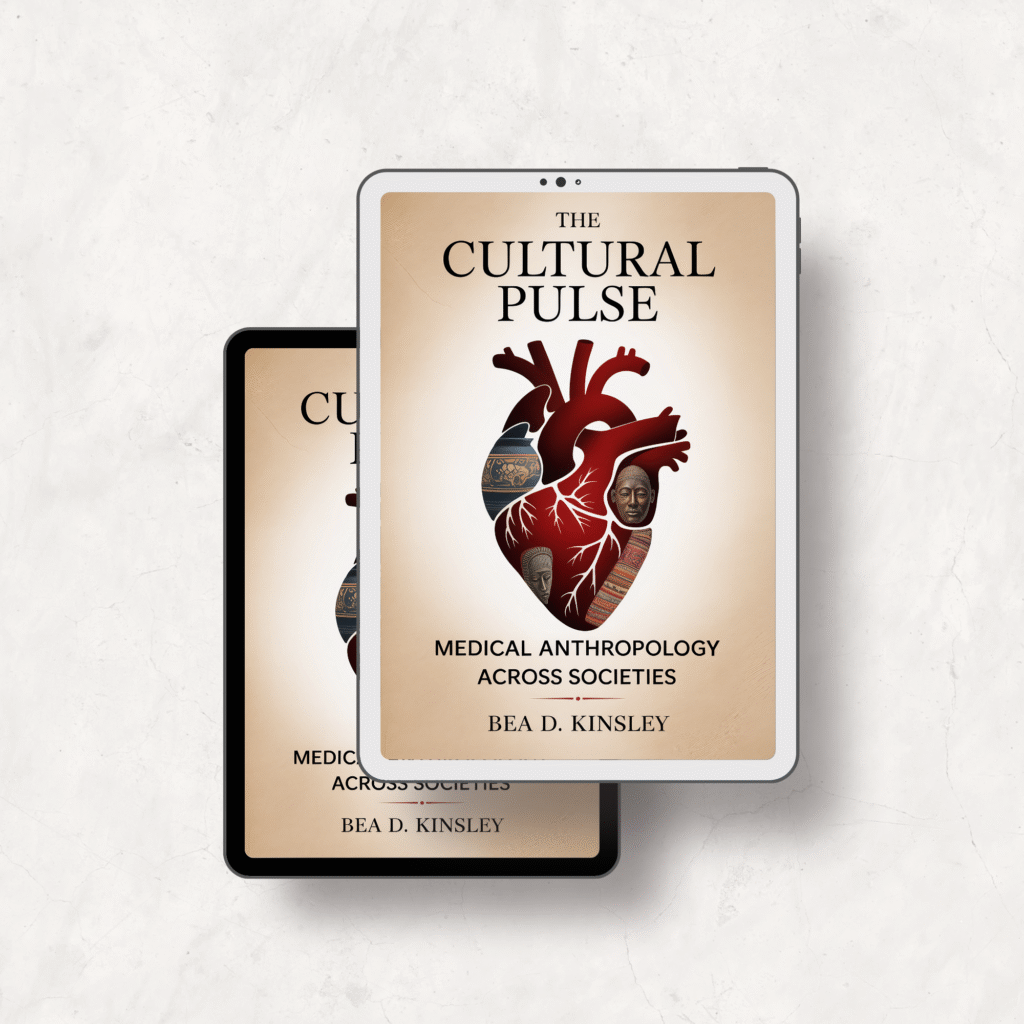The Cultural Pulse Medical Anthropology Book Review – Complete Guide to Cultural Medicine Across Societies

The Cultural Pulse medical anthropology book revolutionizes how healthcare professionals understand the intricate relationship between culture and healing practices worldwide. If you’ve ever wondered why patients from different cultural backgrounds respond differently to identical treatments, or struggled to provide culturally sensitive care in diverse clinical settings, this comprehensive guide offers the solutions you need. Unlike traditional medical textbooks that focus solely on biological aspects, “The Cultural Pulse: Medical Anthropology Across Societies” bridges the gap between cultural understanding and effective healthcare delivery, making it an essential resource for modern medical practice.
This groundbreaking medical anthropology book examines how cultural beliefs fundamentally shape illness perceptions, treatment adherence, and health outcomes across six continents. Through compelling real-world case studies and practical frameworks, readers discover how traditional healing methods can complement modern medicine while respecting diverse community values and improving patient trust.
What You’ll Discover
- Cultural Health Assessment Techniques: Master evidence-based methods for understanding how patients’ cultural backgrounds influence their health beliefs, symptom reporting, and treatment preferences
- Traditional-Modern Medicine Integration: Learn proven strategies for combining traditional healing practices with contemporary biomedical treatments to improve patient outcomes and satisfaction
- Cross-Cultural Communication Skills: Discover effective techniques for building trust with patients from diverse backgrounds and working successfully with medical interpreters as cultural brokers
- Gender and Identity in Healthcare: Understand how cultural concepts of gender, age, and social roles impact medical decision-making and develop inclusive care approaches
- Global Health Policy Applications: Apply medical anthropology insights to address health disparities, pandemic responses, and climate change medicine challenges
- Ethical Framework Development: Navigate complex ethical situations involving cultural differences in medical decision-making while maintaining professional standards and patient autonomy
Why This Book Matters
Healthcare professionals increasingly encounter patients from diverse cultural backgrounds, yet most medical training provides minimal preparation for these interactions. “The Cultural Pulse” fills this critical gap by demonstrating how cultural competency directly improves patient outcomes, reduces medical errors, and enhances treatment adherence. The book’s practical approach helps readers move beyond superficial cultural awareness to develop genuine understanding of how healing practices, pain perception, and medical ethics vary across societies.
This medical anthropology resource transforms complex academic concepts into actionable insights for daily practice. Whether you’re treating Indigenous communities, recent immigrants, or multi-generational families with conflicting medical beliefs, you’ll gain the tools to provide respectful, effective care that honors both cultural values and medical best practices.
Key Features
This comprehensive ebook spans multiple chapters covering traditional healing systems, biomedical integration, gender perspectives in healthcare, and contemporary global health challenges. Available as an instant digital download, you’ll receive immediate access to detailed case studies, assessment frameworks, and practical communication strategies. The format allows for easy reading on any device, with printable reference guides for clinical use. Also available as audiobook on Google Play Books and Spotify for convenient listening during commutes or workout sessions.
Frequently Asked Questions
How does this medical anthropology book differ from traditional healthcare textbooks?
“The Cultural Pulse” focuses specifically on the intersection of culture and medicine, providing practical tools for real-world clinical situations. Unlike theoretical academic texts, it offers actionable strategies for improving patient care through cultural understanding, making complex anthropological concepts accessible to healthcare professionals.
Can traditional healing practices safely complement modern medical treatments?
The book demonstrates how many traditional remedies have scientific foundations and can enhance treatment when properly integrated. It provides frameworks for evaluating traditional practices, ensuring patient safety while respecting cultural values and potentially improving treatment outcomes through holistic approaches.
Is this medical anthropology guide suitable for healthcare students and practicing professionals?
Absolutely. The book serves both educational and practical purposes, offering foundational knowledge for students while providing experienced practitioners with advanced strategies for culturally competent care. Case studies and assessment tools make concepts immediately applicable in clinical settings.
Get Your Copy Today
Transform your approach to culturally diverse healthcare with this comprehensive medical anthropology guide. Available for instant download at just $6.99, this ebook provides exceptional value compared to expensive cultural competency workshops or specialized training programs. Also available as audiobook on Google Play Books and Spotify for flexible learning. Purchase your copy through all major ebook retailers including Apple Books, Barnes & Noble, and Kobo to begin delivering more effective, culturally sensitive patient care today.
Watch the Video Review

